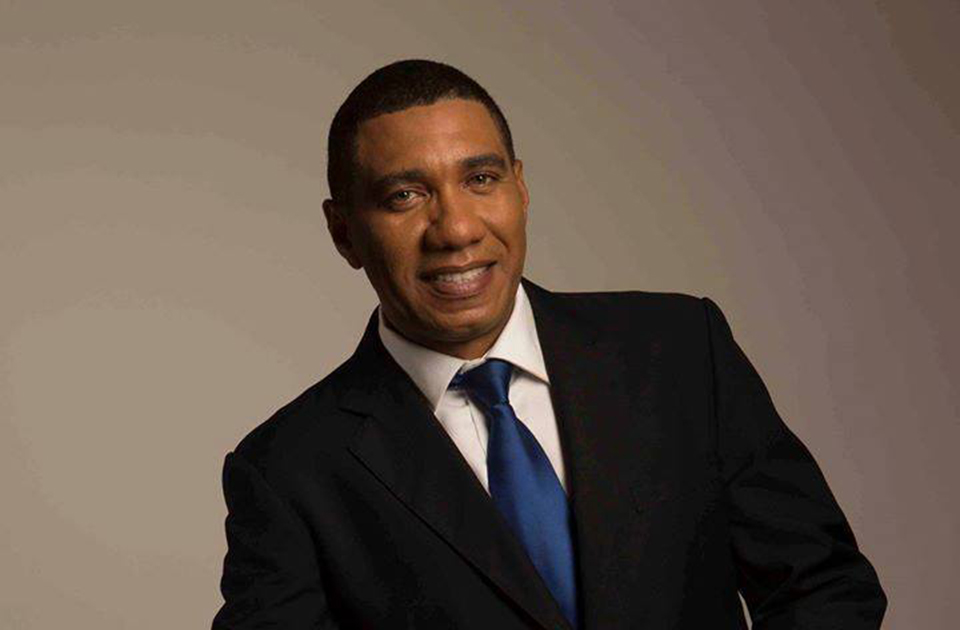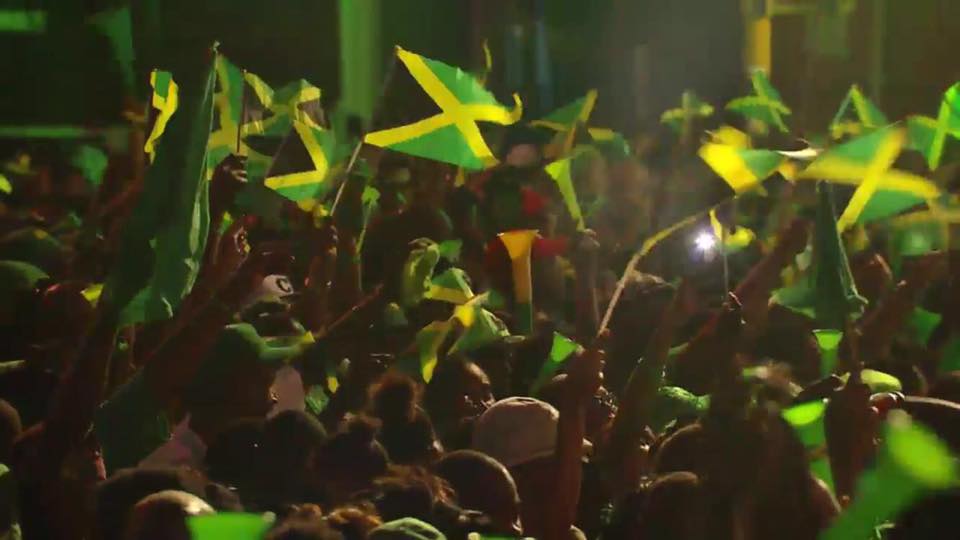Jamaica’s Opposition Jamaica Labour Party claimed victory in the country’s general elections on Thursday, according to preliminary results.
In what was a very close race, the JLP took 33 of the 63 seats contested, ending five years of rule by the People’s National Party and Prime Minister Portia Simpson Miller.
The victory means former Prime Minister Andrew Holness will return to the post which he held briefly in 2011.
Polls leading up to the election had suggested a victory for the PNP, in some cases a strong one, but the country’s electorate continued a regional Caribbean trend that has seen opposition parties sweeping national elections, with the notable exception of Barbados.
“We have been given stewardship of the country, and we stand to be held accountable,” Holness said in a statement posted on social media late Thursday evening. “The cost of victory is accountability and the responsiveness of the government we will form.”
Holness enters office with a host of challenges, from Jamaica’s continued crime struggles to a massive national debut burden, armed with a host of policies aimed at improving the country’s business and tax environment.
Holness has also suggested a technology investment fund that would promote the island a “Silicon Valley” of sorts in the Caribbean, among other proposals.
On the tourism front, the country kept its stayover arrival numbers above 2 million in 2015 but saw growth slow, from 3.6 percent to just about 2 percent in 2015, something the new government will need to address given the island’s massive reliance on tourism for economic growth.
Indeed, Jamaica, despite its place as the largest country in the English-speaking Caribbean, has struggled to generate significant economic growth in recent years, regularly posting one of the region’s lowest GDP growth rates in recent years.
In 2015, the country saw just 1 percent growth, according to the United Nations Economic Commission for Latin America and the Caribbean, lower than 11 other countries in the Caribbean).
Holness enters office after first serving in 2011 following the scandal involving the government’s apparent reluctance to extradite drug kingpin Christopher “Dudus” Coke to the United States, which eventually led to the resignation of his predecessor, then-Prime Minister Bruce Golding.

